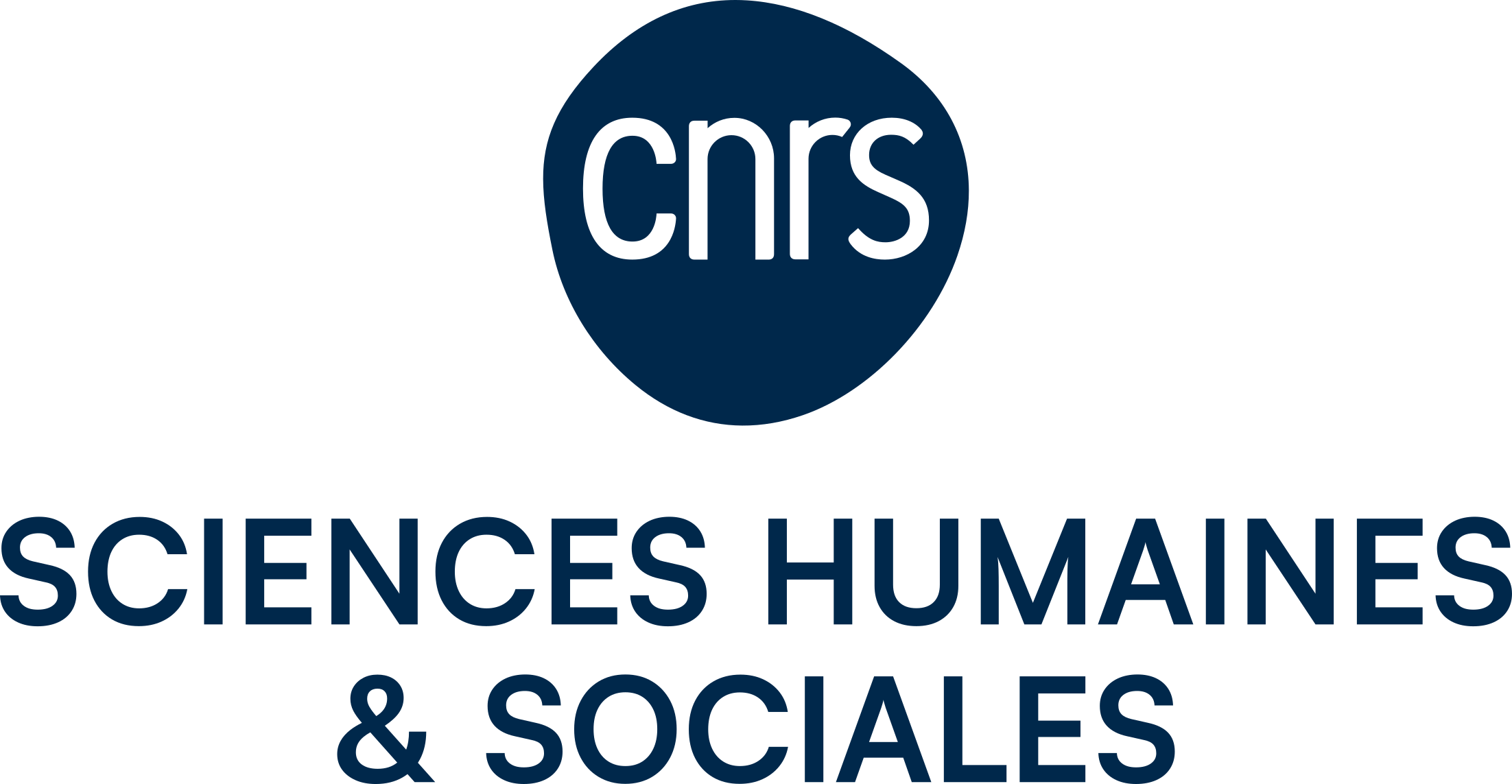09/06/2022 – Hyeonjeong JEONG
jeudi 9 juin 2022, par
Social Learning and Experience Alter the Brain.
| Date : | Jeudi 09 juin 2022 |
|---|---|
| Heure : | 10h30 - 12h |
| Lieu : | Amphi Collomp |
Abstract
Many studies have shown that there are apparent differences between children and adults when it comes to how first language (L1) and second language (L2) are acquired and processed. However, recent theories suggest that the learning mechanisms in the brain are not fundamentally different between L1 and L2 acquisition, but rather contexts, conditions, and environment surrounding children and adults, in addition to their respective learning methods, are different. In this talk, I introduce a new theoretical framework (i.e., social learning of L2) that L2 learning, especially after the sensitive period, may benefit from social interaction and real-life exposure, as in L1 acquisition. First, I discuss the key dimensions of the context and conditions under which children and adults learn languages. Then, I present my recent series of fMRI experiments that examine how social learning and experiences of social interaction with others can alter brain mechanisms of language learning and processing.
Speaker
Hyeonjeong JEONG (Graduate School of International Cultural Studies & Department of Human Brain Science, IDAC, Tohoku University, Japan)
Short bio : Hyeonjeong is Associate Professor at Tohoku University. Her research interests include brain mechanisms of second language acquisition, particularly the effect of cross-linguistic influence and social cognition in language learning and communication. She has published articles in npj Science of Learning, Human Brain Mapping, Brain and Language, NeuroImage, Neuropsychologia, and Language Learning.

depuis votre smartphone



